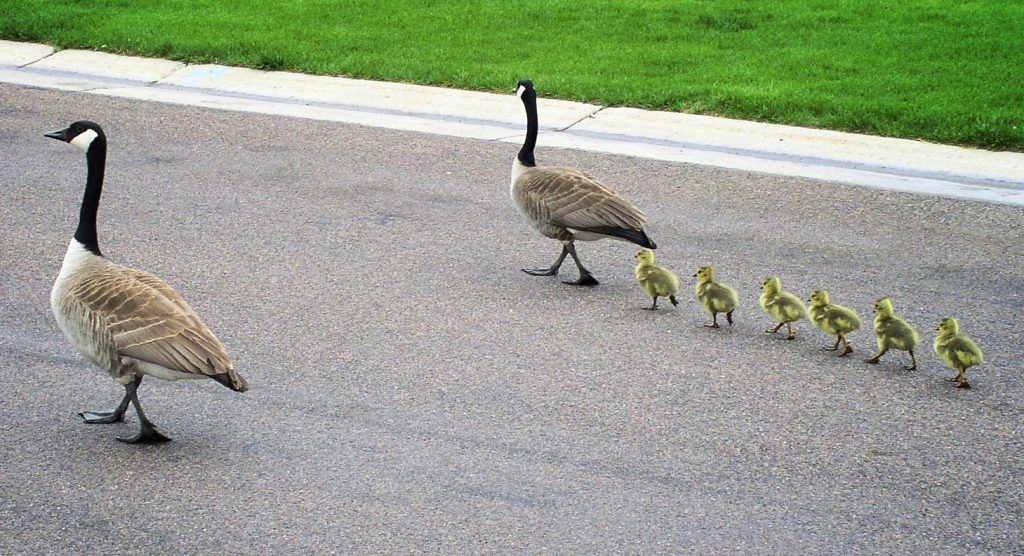
How many words do you need to take first place? What is the optimal text length for SEO? Find out the truth behind word count and SEO now.
“How many words do I have to write?”
I hear this question a lot when I talk to clients about needing copy to improve their sites.
The purpose of the text, the details it must contain, and the audience it is addressing are viewed by many as secondary. For some reason, every time an SEO mentions a text version, the follow-up discussion revolves around the number of words.
What is the myth of word counting?
Longer content is placed better, right? Isn’t that often said to you?
The more words on a page, the more “influential” the search engines will see your work and the higher you will be ranked.
This notion is often spread on Twitter or in forums without any factual basis.
So why the general belief that longer texts make pages more worthy of ranking?
Misleading studies
There are many studies that are often cited in relation to word count.
For example, a study by Backlinko said, “the average first page result on Google is 1,447 words .”
It is easy to look at this information in isolation and assume that this information means that pages take about 1,500 words to land on page one.
However, that’s not what the study says.
The study suggests a commonality between the highest ranked pages.
This is a correlation, not a causality. More on that later.
What’s the best number of words for SEO?
There are many factors that should play a role in determining the length of text on a page. However, it cannot always just be about the ranking of the page.
It is important to remember that the text on a page should be there to help the human visitor, not a search robot.
The length of the text on this page should be long enough to help the visitor achieve their goals on the page – be it to quickly find the answer to a question, to give a detailed explanation on a topic, or simply to find the answer To convey data of a product.
The user’s need should come first.
Sure, but then what’s really the best text length for SEO?
I understand, you want to know how many words you have to write to have the best chance of getting on the first page.
The problem is that there isn’t a set number of words.
The search engines rank the pages higher that best match the searcher’s query.
Rarely is “word set” something that will matter to users.
The quality of the text and how well it answers your query will be more important.
The volume of text on a page is the wrong way to measure the quality of the content.
Google’s John Mueller even repeated this on Twitter.
I agree with you & Mihai :). Word count is not indicative of quality. Some pages have a lot of words that say nothing. Some pages have very few words that are very important & relevant to queries. You know your content best (hopefully) and can decide whether it needs the details.
-? John? (@JohnMu) July 24, 2018
There is also the popular notion that you just have to have as many words on the page as your top ranking competitor.
Mueller has also dispelled this myth.
Correlation & causality
The problem that confuses many people when they look at word counts is the confusion of correlation and causal relationship.
If you look at the first 5 pages of the ranking for the search term you have chosen and see that they all contain around 2,000 words, it is understandable that you think this is the prerequisite for a good ranking for that term.
That’s not the case.
The number of words alone is not the decisive factor.
Longer pages can indirectly achieve a good ranking due to their length.
Longer pages may also be better to “share” and “link worthy”, a HubSpot study found.
In return, however, it could also be the link profile of a page that ensures that it receives a good ranking.
Or, it could be that longer pages simply allow for the more thorough answers necessary to rank well on some questions.
It is important to know that correlation is not the same as causality. If longer content is better placed than shorter content, that doesn’t mean that longer content is the cause of a good ranking of a page.
How long should a text be?
Even if longer pieces of content do better than shorter pieces in some cases, you shouldn’t fall into the trap of assuming that longer pieces of text are best.
In Google’s own SEO starting guide it says: “Content should be factually correct, clearly formulated and comprehensive”.
“Comprehensive” is not a synonym for “long”.
Comprehensive means “complete and with all that is necessary”.
That would suggest that the texts must be extensive enough to cover everything a user would like to know in response to their query.
For some queries such as “the history of the English monarchy” that could be a considerable amount of text.
For others, such as “gasoline prices near me”, it can be significantly less.
Can content be too long?
Yes. The content can be too long.
A problem with writing texts with a certain number of words is that the text can be watered down.
In trying to reach an arbitrary set of words, the writer could just start populating or repeating concepts.
This is not a good requirement for a good text, because the days of keyword stuffing are long gone anyway. Today, Google looks at user intentions and the relevance of the texts.
Text that is too long today can also affect how well the text is ranked for the keywords you are targeting.
A dilution of the content message can lead to the keyword topic of the page being thrown off course.
Instead of writing a succinct page about your core topic, you are forced to include other topics to fill the content.
This can negatively affect a page’s ability to rank for your target keywords.
The key to understanding how much content is needed for a page is to stop viewing it as a target to hit.
There is no ideal word count for SEO.
Instead, we need to deal with the purpose of the page.
The purpose of a page
The role of the page is of great importance, considering that it can occupy a good spot in organic search results.
Is it an information page?
Is it designed to direct visitors to other pages on the website?
Is it a transaction page?
The purpose of the page affects how much text there must be on the page.
Intention of the user
The most important consideration in deciding how long the content should be is the intent of the user.
What would a user want when they land on the page.
Understanding what a user needs on your part helps ensure that it is comprehensive enough to meet those needs.
Making a page long for its own sake doesn’t help the user.
That in turn doesn’t help you either. Even if your page ranks well, rankings shouldn’t be the end goal of any SEO work. The conversions from your traffic are more important.
If a user lands on your page to find an answer to a question but can’t see the forest for the trees, then you haven’t met their need.
Conversions
Another important consideration is how text length affects conversions (the actions you want a user to do).
Some pages just don’t require a large amount of text to make it easier for the visitor to take an action.
Too much text can be very daunting for a product category page, for example.
The right amount of text
So what’s the best word count for SEO?
There is none.
The length of a text should never be dictated by the number of words.
Text should be as long as it takes to get the page’s message across and allow users to perform your desired actions on the page.
Longer texts can have an advantage in some SERPs, but it is not just the length of the texts that determines the rank.
At the end of the day, the text on a page shouldn’t just be about rank anyway. It should meet the needs of the user and drive conversions.
There is no ideal number of words for this.






